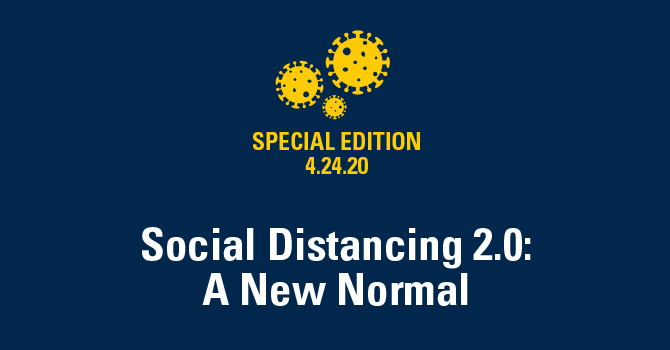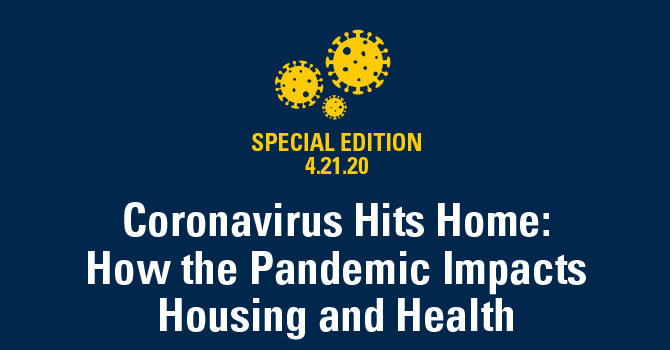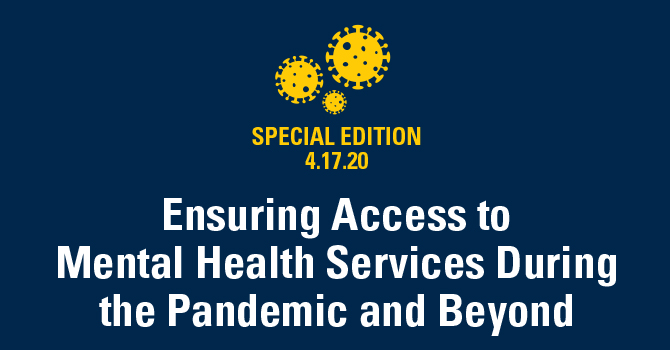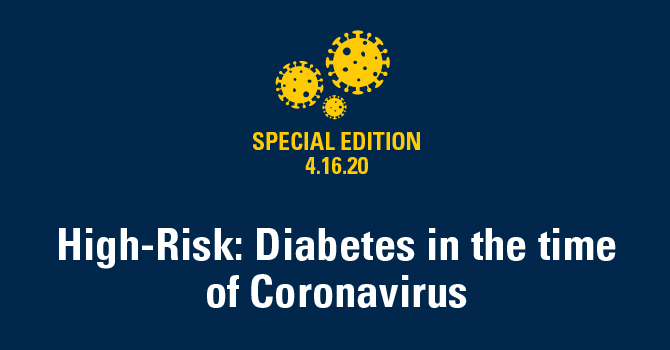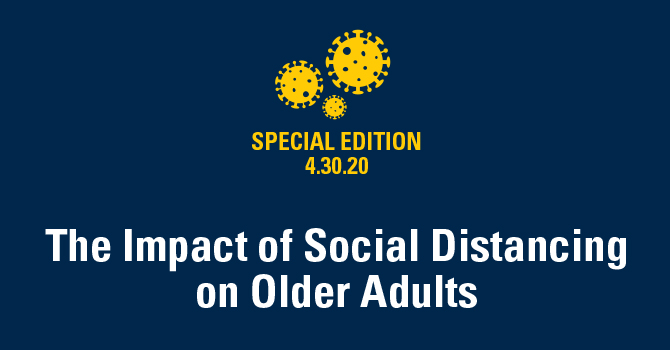
The Impact of Social Distancing on Older Adults
People over the age of 65 are at higher risk for complications and death from COVID-19. But that’s not the only way this pandemic is disproportionately impacting older adults. Social distancing and other pandemic control strategies can take a particular toll on older individuals, some of whom don’t have access to or experience with the technologies like FaceTime and Zoom that are helping many people feel connected in this time. Lindsay Kobayashi, assistant professor of Epidemiology at the University of Michigan School of Public Health, talks about her new study that looks at the impact of social distancing on older adults and discusses how we can help the older individuals in our families and communities cope during this time.

